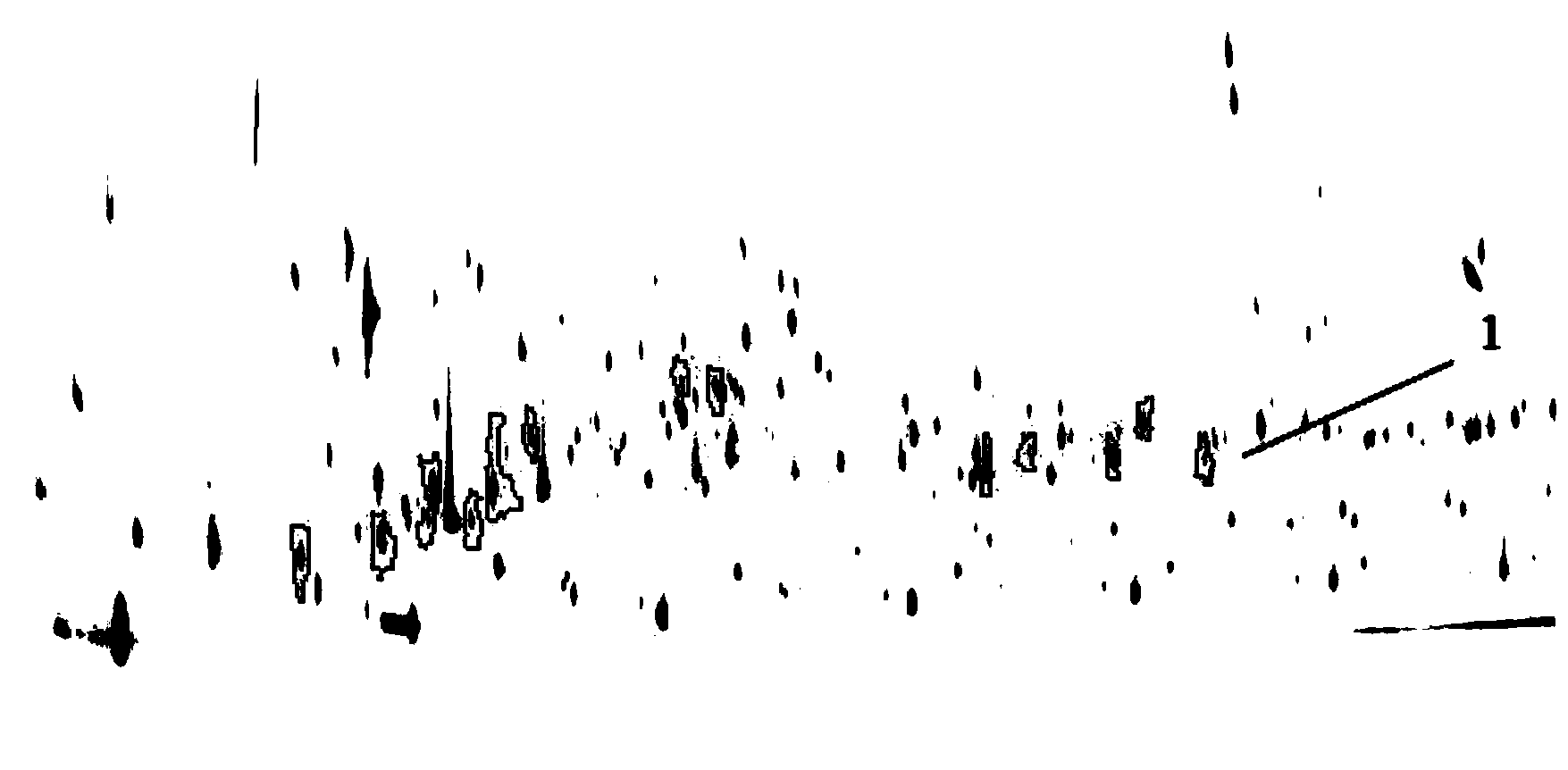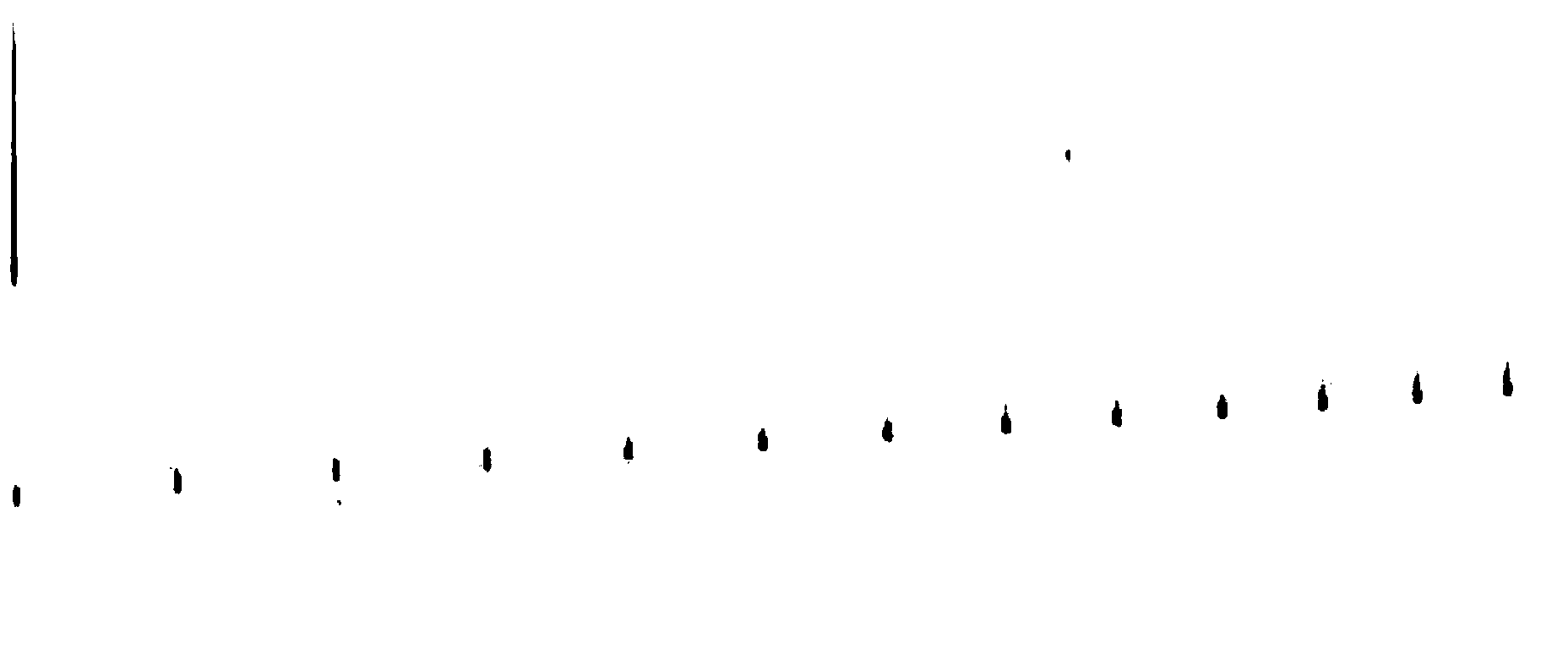Method for detecting olefin components in orange juice by applying on-line solid-phase microextraction method and comprehensive two-dimensional gas chromatography-quadrupole mass spectrography
A two-dimensional gas chromatography and quadrupole mass spectrometry technology, applied in the field of detection of olefin components in orange juice, can solve the problems of limited separation ability of one-dimensional gas chromatography and inability to completely separate components, and achieve high-efficiency separation effect
- Summary
- Abstract
- Description
- Claims
- Application Information
AI Technical Summary
Problems solved by technology
Method used
Image
Examples
Embodiment Construction
[0045] Below in conjunction with accompanying drawing and specific embodiment the present invention is described in further detail:
[0046] 1. Instruments and reagents
[0047] Instrument: Shimadzu Q2010 Ultra GC / GC / MS with AOC-5000 Plus autosampler
[0048]Acetonitrile, sodium chloride, analytically pure. C8-C20 normal alkanes standard (Sigma-Aldrich, 1mL)
[0049] 2. Sample processing
[0050] Weigh 5 g of freshly squeezed orange juice into a 10 mL headspace vial, add 2 g of NaCl, and seal it with a cap. Fully automatic solid-phase microextraction and fully automatic sample injection methods are used for sample enrichment and analysis. The online solid-phase microextraction conditions are: the extraction head is an 85 μm Polyacrylate automatic extraction head; the sample incubation temperature is 45 o C; incubate for 10 min to equilibrate; insert the extraction head into the vial to a depth of 12 mm; extract for 20 min.
[0051] 3. Instrument conditions
[0052] The ...
PUM
 Login to view more
Login to view more Abstract
Description
Claims
Application Information
 Login to view more
Login to view more - R&D Engineer
- R&D Manager
- IP Professional
- Industry Leading Data Capabilities
- Powerful AI technology
- Patent DNA Extraction
Browse by: Latest US Patents, China's latest patents, Technical Efficacy Thesaurus, Application Domain, Technology Topic.
© 2024 PatSnap. All rights reserved.Legal|Privacy policy|Modern Slavery Act Transparency Statement|Sitemap


